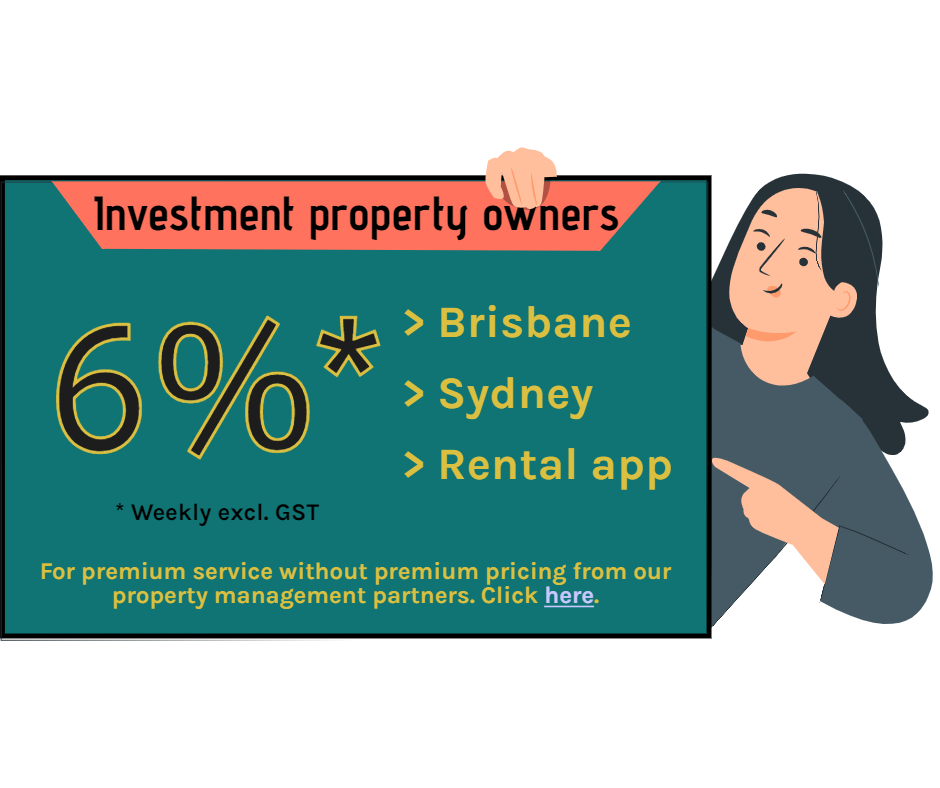How to decide if you should buy an investment property
Making the decision to purchase an investment property is a significant undertaking as it entails additional financial commitments.
While the idea of owning one or more investment properties may be appealing, determining your readiness to buy can be complex, particularly when considering the costs of unexpected expenses.
Investing in a property comes with various financial obligations and potential challenges, especially if your tenants are unable to meet their rental payments, as some investors discovered during the economic downturn caused by the COVID-19 pandemic or when the loan repayment starts to outpace rental income.
Assessing your progress towards financial goals
Before delving into the details, it is crucial to evaluate your progress towards other financial goals, with retirement being a primary focus. It is important to ensure that your investment property(s) will not be the sole reliance for funding your retirement plans.
Consider assessing the desired lifestyle you aim to maintain during retirement and calculate the necessary superannuation balance required to achieve that.
This evaluation will help determine whether you are saving enough for retirement and whether the commitment of purchasing an investment property will complement or hinder your wealth creation plans.
If you are confident that your current financial plan and superannuation place you on track for retirement, and if you have enough discretionary income to afford an additional property, then it may be appropriate to proceed and ascertain your borrowing capacity.
Financially preparing for upkeep and maintenance
One crucial aspect of owning an investment property is the inevitability of unexpected issues and the responsibility of addressing them falling on the owner.
While we encounter problems in our primary residences, an investment property involves having strangers residing in it. With rentals, it is almost certain that issues will arise, and since you won't be present to identify them, you will rely on your tenants to promptly report any problems.
Considering this, it is wise to set aside funds from the moment of ownership to cover ongoing maintenance costs and unforeseen repairs. By establishing a financial buffer, you can stay prepared to tackle maintenance requirements and unexpected surprises that may arise.
Ensuring loan repayment ability with reduced rental income
While most people anticipate rental income from their investment properties, it is not guaranteed. Unforeseen events, such as a pandemic, can result in reduced or no rental income for a certain period.
To safeguard your financial stability, it is advisable to choose an investment property for which you can comfortably cover mortgage repayments even without rental income.
This cautious approach will help prevent falling behind on payments in case circumstances prevent you from renting out the property or deferring payments.
Meeting stringent mortgage serviceability criteria
Obtaining a mortgage for an investment property differs from securing one for a first home. Lenders evaluate your existing loans as well as the proposed investment loan at a higher interest rate than what was initially communicated.
Consequently, your borrowing capacity is artificially constrained by the lender. Furthermore, an increasing number of lenders no longer consider potential negative gearing benefits during tax time. Thus, it is crucial to demonstrate your ability to afford mortgage repayments using your employment income along with discounted rental income.
Additionally, be prepared for a higher interest rate on an investment loan. Loans for investment properties typically carry an interest rate that is 0.5% to 0.75% higher than the interest rate for a typical primary residence mortgage, depending on the loan type.
By considering these factors and ensuring that you meet the necessary criteria, you can make an informed decision regarding the purchase of an investment property that aligns with your financial goals and circumstances.



